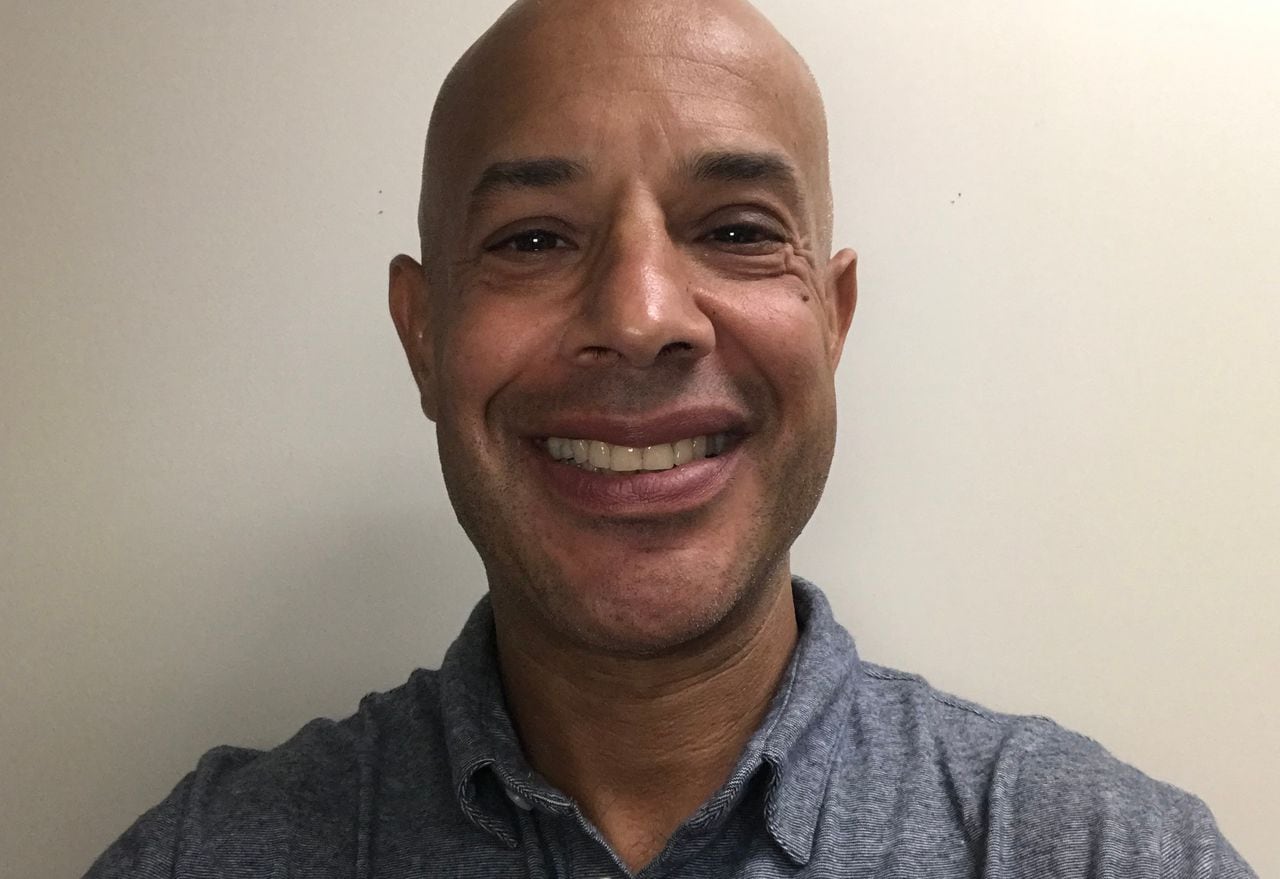In recognition of Native American Heritage Month in November, MassLive asked readers to identify people who are leaders from the Indigenous community throughout the state, working to make a difference in their own area of interest, be it politics, education, business or the arts.
MassLive will publish profiles of these leaders through November. These are people our readers have identified as inspirational, who may be doing good acts for their communities. They are being recognized for their accomplishments, leadership and commitment to inspire change.

Jason Steiding (Courtesy photo)Jason Steiding
Jason Steiding
Age: 54
Community: Mashpee
His story: Jason Steiding serves as the Natural Resources Director for the Mashpee Wampanoag Tribe in Mashpee on Cape Cod. Through this role, Steiding works to protect the natural resources that have ensured the survival and well-being of the Mashpee Wampanoag. These local natural resources include waters, geology-soils and terrestrial-aquatic-marine flora and fauna, among others.
As a young boy growing up on Cape Cod, Steiding was heavily influenced by his grandfather, father, uncles and cousins who were hunters, gatherers and fishermen. He spent a big part of his childhood in the woods, on the water, finding respect for the animals and fish around him.
“I always loved listening to my Tribal elders speak of a time when the rivers were black with herring and the woods were flush with game. I marveled at their tales of hunts that stretched across miles and miles of land and forests,” he told MassLive.
As he entered his adult life, Steiding saw a heavy uptick in construction, as large tracts of land were being cleared for housing and shopping centers. He explained that Tribal members were losing access to land to hunt, gather and fish, restricting access to waterways by private homeowners. More homes on lakes, rivers and bays led to nutrient loads from septic tanks and fertilizers.
Steiding explained that as a people connected to their lands and waterways for several millennia, he feels a great responsibility to treat natural resources as more than just resources. Rather, treating them as you’d treat relatives. Thus, recognizing the two principles of “balance” and “reciprocity” as emphasized by their elders and spiritual leaders in order to sustain natural resources for future generations. For everything that is taken from the land and waters, he feels a need to restore through ceremonies of thanksgiving, replenishment and environmental stewardship.
“I watched these changes unfolding in front of me for many years and felt helpless. I see today the negative consequences that greed and lack of foresight have caused to our Tribe’s natural and cultural resources. I felt compelled to act. To make my voice heard, and to advocate for our people,” he said.
In his words: “I would advise non-tribal folks to please always be cognizant of the Indigenous communities in your regions. This would go for the federal and state agencies, as well as the towns and universities as well. Understand that the indigenous communities were the original stewards of the land and water. Tribal communities must be consulted at every level. Tribal communities should have a voice at every level. And Tribal Ecological Knowledge should play a role in all decisions. Native communities can provide anecdotal data that span hundreds if not thousands of years — data that is not available in a book or a college course. Be respectful of this knowledge, and actively seek it out.”
We’re always open to hearing about more inspiring people. If you’d like to suggest someone else who should be recognized, please fill out this form.






